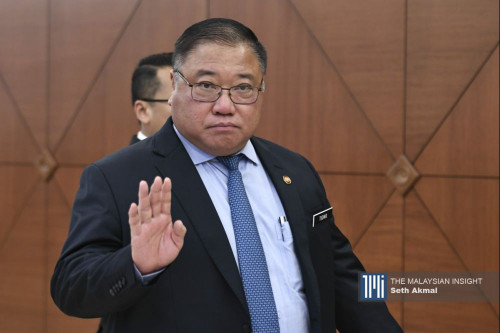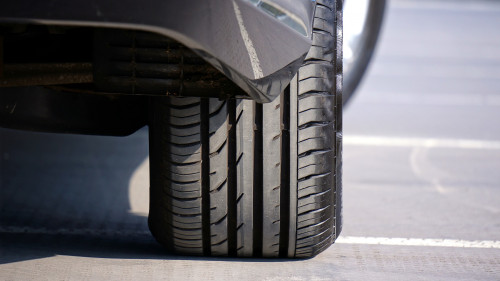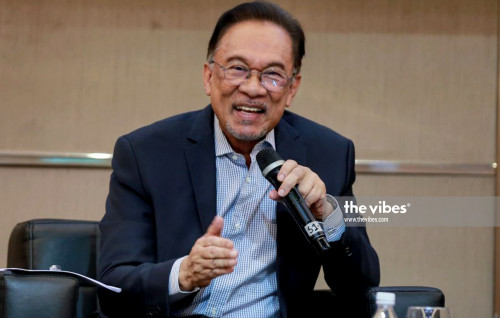HOTELIER Adrian Chua, who manages the Aloft Langkawi Pantai Tengah property in the island resort, recently shared his insightful experiences of what it means to be a Malaysian living overseas during a time of crisis.
"I haven't told anybody about this. But I guess I just want to share it," said Chua whose remarks coincided with the 66th Merdeka Day celebrations.
The Johor-born Chua spoke of how he was put in charge of an international chain property in Wuhan, China when the first wave of Covid-19 cases raced through the city.
With the rest of the world looking at Wuhan as the epicentre of a deadly virus, which has since claimed over six million lives globally as of August 30, this year, Chua was in two minds about whether he should find a way out or stay behind to manage the property.
He chose the latter.
"Malaysians generally are helpful. We simply cannot abandon people during a crisis."
Discharging duties from ground zero
His hotel was selected as one of the several hospitality properties which were to process and shelter foreigners living in Wuhan, who wanted to be evacuated from the stricken city.
In Malaysia, according to the data available through the Health Ministry, some 37,000 were taken away as of September 3, this year, since the coronavirus mutated to allow it to jump from human to human in 2020, apparently from an animal in a wet market at Wuhan.
There was no vaccine then except for an emergency circular to mask up.
With no way of figuring out how to contain or defeat the virus although the consolation at the time was some people were able to recover. However those with underlying conditions such as diabetes needed to be extra careful since they were in the high-risk group.
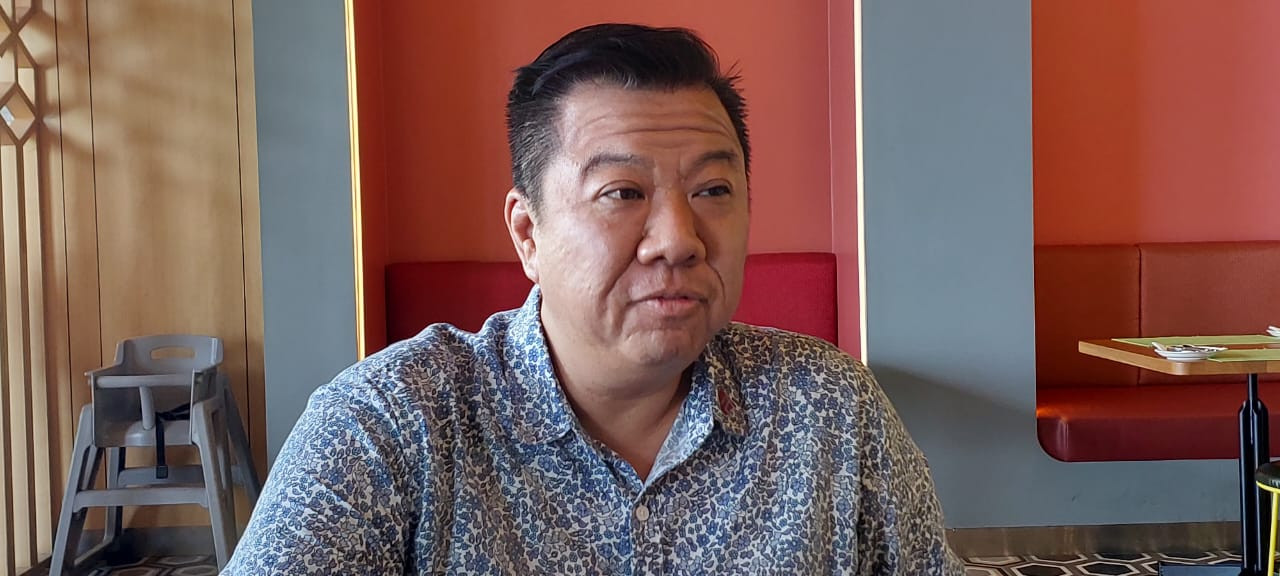
Chua, in his haste to manage his property amidst a total lockdown imposed by China authorities, was wearing his face mask inside out for five consecutive days due to its acute shortage.
The strict curfew worked as Wuhan eventually reduced cases from some 2,000 monthly to hundreds in a few months after the first Covid-19 case was detected in December 2019.
There was a sense of panic, but Chua kept calm as it was important to reflect strong leadership skills in the midst of a crisis unbeknownst to mankind in recent memory.
He lost five kilos within one month, but he has probably gained some back after he took up the offer to head the Aloft property in Langkawi.
"It was scary... the need to survive but yet to discharge my duties as a hotelier. The borders were all closed. It was a total lockdown in the initial months of the outbreak."
Excellence of Malaysian diplomats
Chua said that his hotel processed, sheltered and ferried 200 Malaysians back home with the help of the Royal Malaysian High Commission officers from Beijing, China.
"Some of them could not return due to improper documents. Some had wives who were not Malaysians, so they chose to stay behind. We needed to handle the mental stress of it."
But he beamed with pride, saying the Malaysian foreign diplomat corps were among the best in caring for their nationals, citing that the 200 Malaysians were fed well, and given adequate attention and rest before they boarded the emergency flights home.
"Other countries just gave their nationals basic provisions like biscuits but we gave them packed meals and comforted them in times of distress," said Chua.
The compassion level of the Malaysian Embassy ranks second to none, he stressed.
He says that in Malaysia, when his ethnicity is queried, he would reply that he is Chinese but in China, he says simply that he is a Malaysian.
He also had to handle 2,000 Japanese as Wuhan had a thriving car industry.
_dining_with_his_guests_at_the_resort.jpg)
"We also learn a thing or two about the discipline of the Japanese. Since they live in an earthquake-prone country, they are very disciplined when it comes to emergency evacuation. They were orderly and they knew what needed to be done."
Chua said that the hotel also handled nationals from Australia, New Zealand, the Middle East, Europe and neighbouring regional nations.
A total of 17 foreign embassies had their officials posted to his hotel.
The guests would usually stay for a period of five hours to 17 hours, some for days before they could board the mercy flights home.
Chua also shared how the hotel fed hundreds of travellers who made a beeline there.
"We were fortunate that the Lunar New Year food banquets were scrapped due to Covid-19. So, we had the stock to prepare some decent meals for our last-minute guests."
Lessons from Wuhan
The main worry was water but fortunately, Chua ordered for the commodity to be rationed where he personally kept some barrels in a storeroom to ensure there were reserves.
But the local authorities there managed to ensure an uninterrupted supply although Wuhan is a landlocked city.
It had a nearby lake though.
Chua suspects that the wild animal may have originated from the lake area since frogs are a favourite delicacy there.
Ground Zero for Covid-19, which is the wet market was located just 3km from the hotel.
Lessons he learnt from China were that they were instilled with a strong competitive sense but when it comes to compassion, the Malaysian authorities rank as among the best.
Chua spoke of his admiration of how the Malaysian diplomats went out of their way to help fellow nationals, who were trying to come to terms with the new normal of Covid-19.
Coming home
After several weeks of helping the evacuation of foreign nationals, Chua was asked by the hotel's top brass to consider returning himself.
"The rationale then was if I had fallen ill, I would be taking up the bed of a native Chinese. It was best for all foreigners to exit Wuhan, which I did eventually."
He came home to live in a period of movement control orders before the global hospitality industry reopened some two years later.
Chua was in awe of how fast and far China has progressed since he first went in 2008, citing that all food deliveries are sent within 30 minutes and in Wuhan, almost the entire city has CCTV installed in strategic locations.
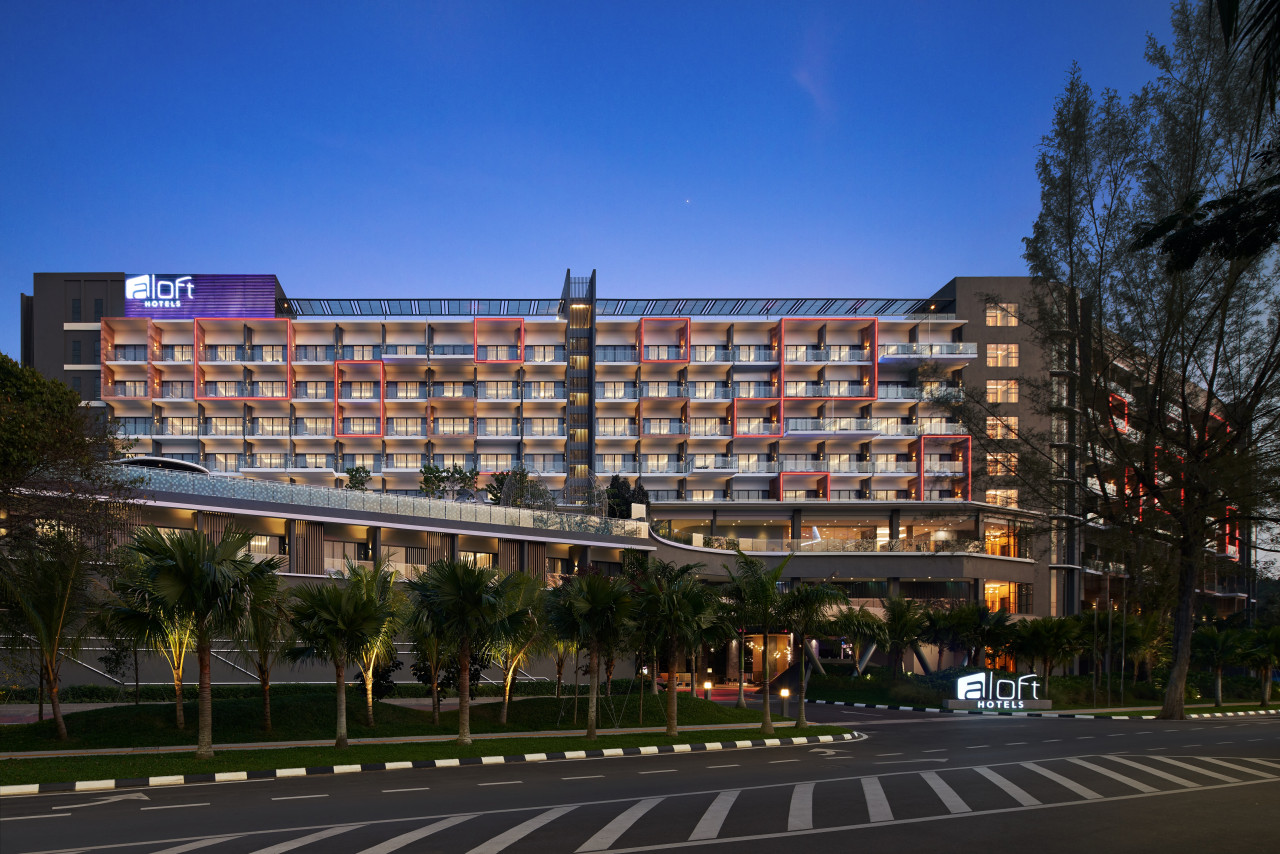
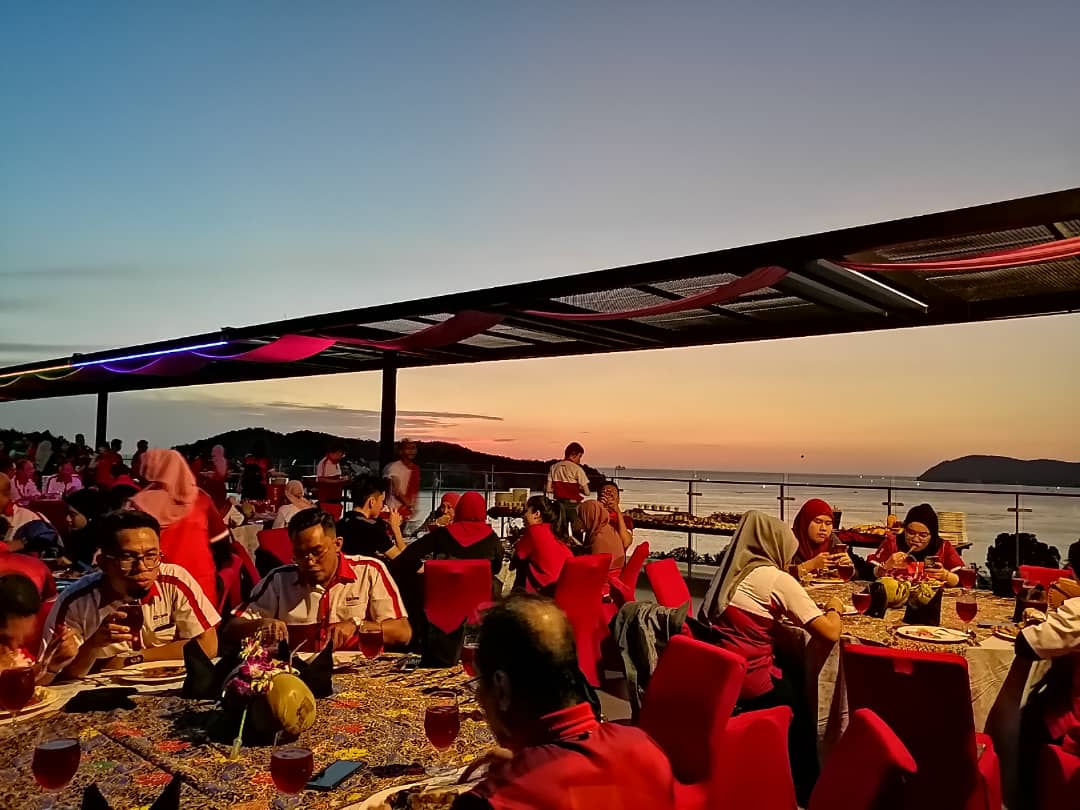
Coming back to Langkawi, Chua opined that one way to boost tourist arrivals was to hasten the visa-on-arrival benefit to all travellers, as this can boost the number of flights.
He said that for any destination, the number of flight connections is an invaluable asset to lure tourists, especially the higher-spending foreigners.
There is also a need for Langkawi to tap its duty-free status by offering higher-end shopping prospects for tourists to explore, said Chua.
De-stressing on paradise island
He also underscored the importance of safeguarding the environment in any tourism destination including in waste management, saying that a good scenery and well-kept environment, would always inspire visitors to keep on returning.
As for now, Chua cherishes the fact that he managed to survive the mayhem in Wuhan during the height of the Covid-19 tragedy, appreciating the fact that he had a foreign embassy, which was supportive and helpful in aiding their nationals home.
His new hotel is among the latest properties to have emerged after Covid-19.
With its 208 rooms and suites with banquet facilities, Chua is hoping that it can provide value to the range of accommodation properties on the island resort, which he has now come to call home.
It also has a coffee house and a lounge area for travellers to simply de-stress.
When asked why he chose to manage a property in Langkawi, which is different from the bustling Wuhan, Chua hopes it can also help him to de-stress a bit.
After decades of travelling the region and China, Chua is hoping for a change of pace, and the tranquillity in Langkawi may just be the right tonic. – The Vibes, September 6, 2023



.jpg)
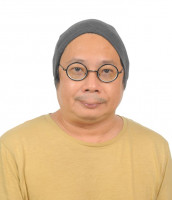
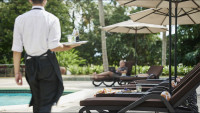
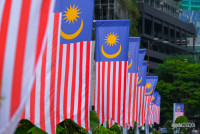
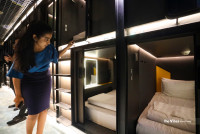





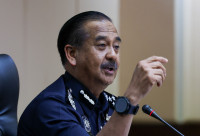

_flanked_by_wong_(right)_and_haryany_(left)_at_the_museum.jpeg)
